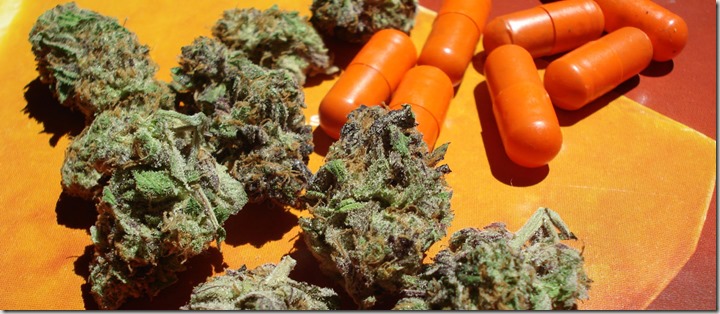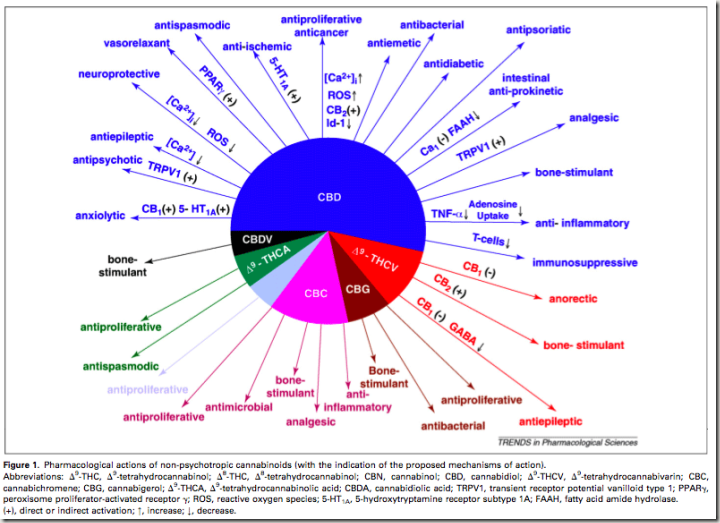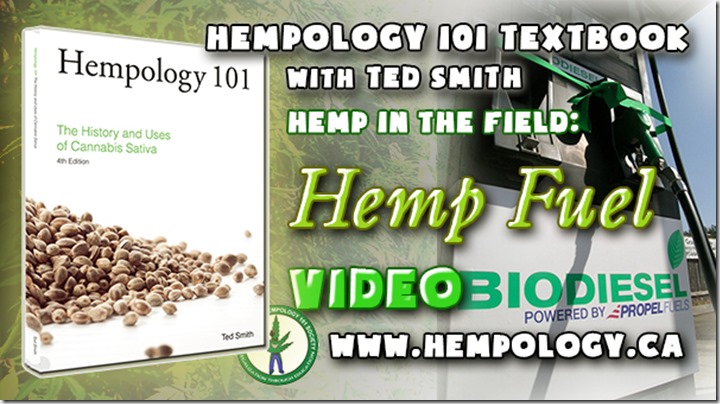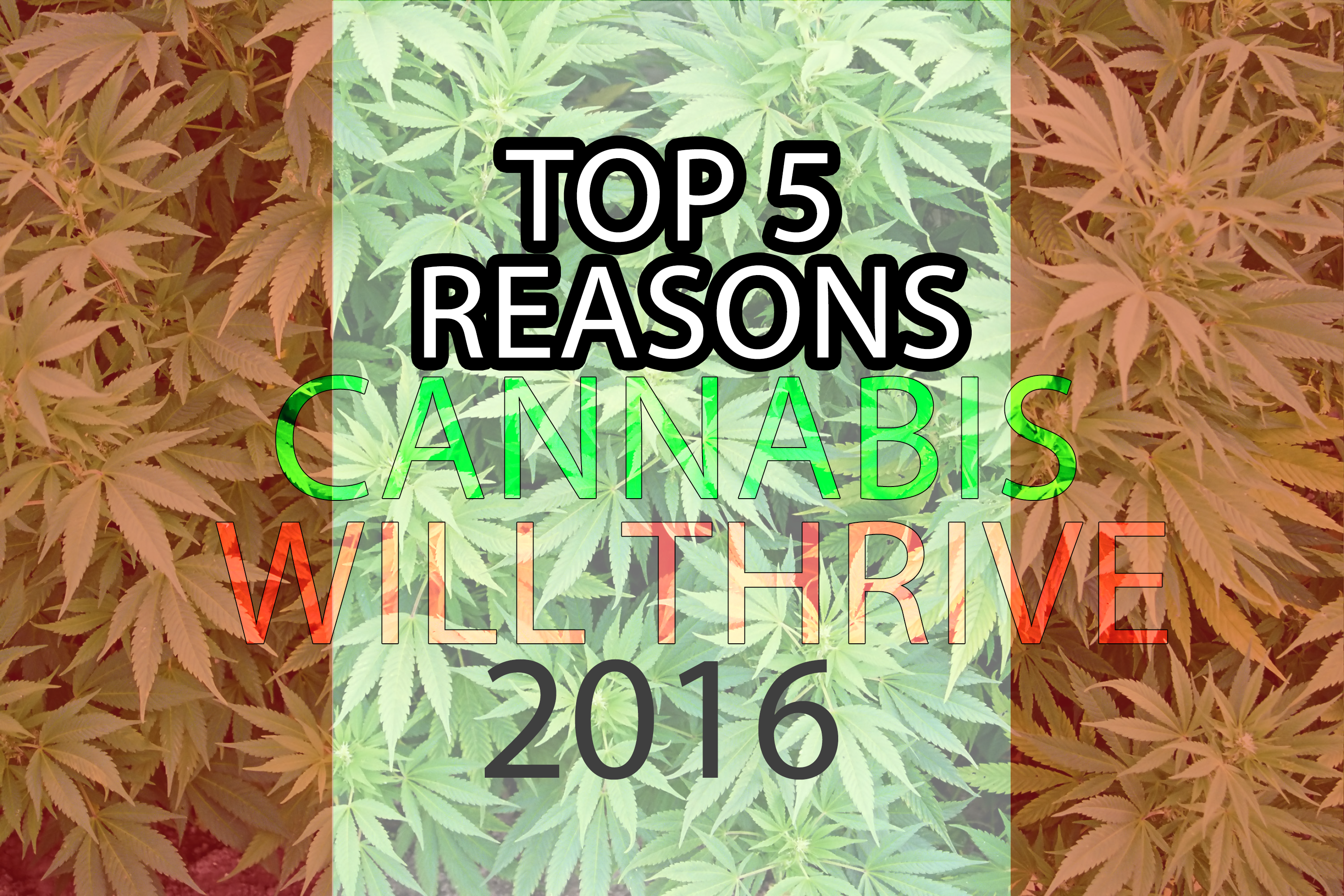The importance of having CBD with your THC
By Owen Smith
The recent discovery of cannabinoid receptors in the human body presents exciting new targets for medical research, yet only confirms what patients have been saying for decades, whole plant cannabis works for them.
Seriously ill people who have run the gamut of conventional medicine to no good effect, and have sought to use cannabis through their doctor, have often been prescribed Marinol or Cesamet—the synthetic THC cannabis pills. These THC pills have been used by doctors as a third tier medication, citing a shortage of studies and assuming the limited therapeutic value of cannabis by default. Many doctors who have stayed in the closet about cannabis are only now learning from patients about the effectiveness of whole plant cannabis medicines, which have distinctive advantages over isolated cannabinoid drugs. In the book Marihuana: The Forbidden Medicine, doctors Lester Grinspoon and James Bakalar found that “whole cannabis causes fewer psychological side effects than synthetic THC, seen as symptoms of dysphoria, depersonalization, anxiety, panic reactions and paranoia.”
In recent years, the whole plant “synergistic shotgun” approach has gained ground over the single ingredient “silver bullet” method. One of the most important distinctions between synthetic THC and whole plant cannabis is the presence of CBD. CBD antagonizes THC by competing to fill the cannabinoid receptor site. Doctors have been distributing synthetic THC pills (Marinol, Cesamet, Nabilone) for decades, now patients and scientists agree that CBD and other cannabinoid compounds play an essential role in the beneficial effects of whole plant cannabis.
Every medical cannabis user should have the option of either a stimulating experience suitable for daytime activity or a sedating experience better for bedtime. This difference is embedded in each plant’s diverse chemistry—its cannabinoid profile. Sativa plants are commonly high in THC and CBN (formed by degenerating THC) and low in CBD; Indica plants can be high in THC but with a higher concentration of CBD. THC is the most commonly found cannabinoid and its action produces the psychoactive “high” as well as being analgesic, anti-spasmodic, anti-tremor, anti-inflammatory, appetite stimulant, anti-emetic and more (source). CBD is the cannabinoid responsible for many of the plants relaxing effects—sedative, anxiolytic (anti-anxiety), anti-inflammatory, anti-convulsant, anti-psychotic, anti-oxidant, neuroprotective, and immunomodulatory.
Whenever a new member is signed up at the V-CBC dispensary, they are warned that if they have a history of heart conditions or anxiety, they should avoid sativa dominant cannabis. The potentially undesirable effect of THC include an increased heart rate, rapid breathing, and anxiety. A 2010 The Nature of Things episode with David Suzuki, titled “The Downside of Getting High” explored these effects, asserting that cannabis grown for recreational purposes is found to contain increasingly high levels of THC and little CBD. Opposed to this trend, cannabis dispensaries and licensed producers commonly seek to provide indica strains containing higher amounts of CBD.
Scientists have only been learning about cannabinoid receptors since 1988. The deeper they explore this complex system the more it reveals. However, today, it seems clear that the synthetic cannabinoid medicines don’t offer the same benefits as whole plant cannabis. Licensed Producers in Canada currently provide an assortment of strains of dried marijuana that include varying ratios of THC and CBD, to meet your particular needs. Review some of the strains on LiftMJ.
Article written for LiftMJ
Read More from Owen Smith on the Cannabis Digest Blogs






